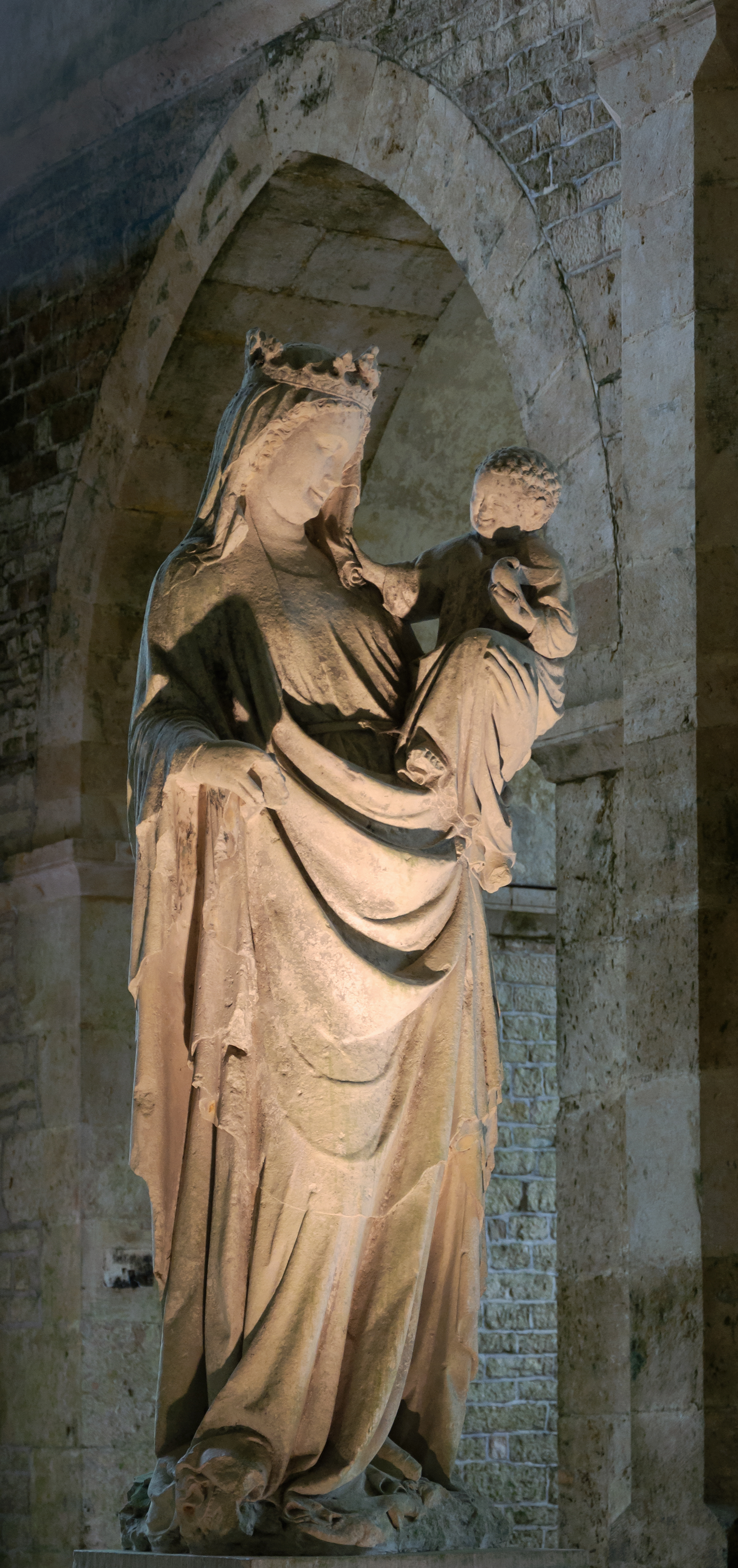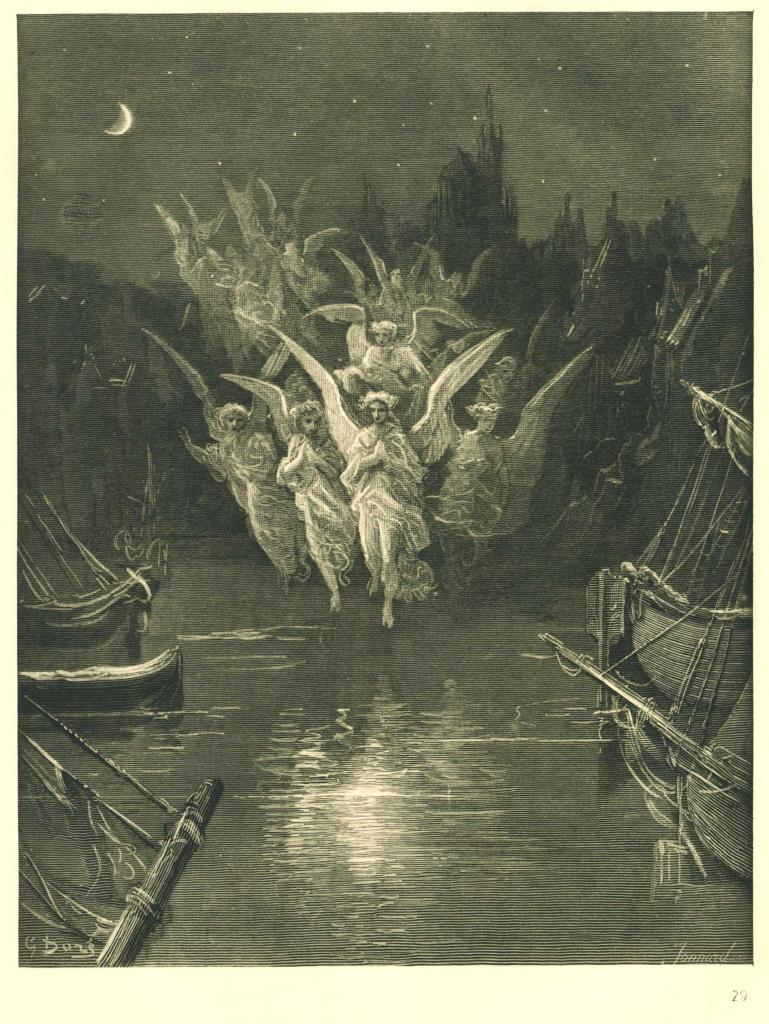David Russell Mosley
Ordinary Time
Feast of St Bernard
The Edge of Elfland
Hudson, New Hampshire
Dear Friends and Family,
Several things have aligned in my life to bring me to this letter. The first is my annual re-read of C. S. Lewis’s Cosmic Trilogy (Out of the Silent Planet, Perelandra, and That Hideous Strength). I’m currently in the beginning of Perelandra. The second is what re-reading this always leads me to, this interview with John Milbank, here’s a textual reproduction of the most important part. The third was this post, “Have We Made Satan too Powerful” by my friend Adam Tomlinson. Since I’ve written on the others before, I’ll give a quick summary of Adam’s post.
Adam, rightfully, reminds us that Satan is not as powerful as God. In short, he reminds us that we are not gnostics. We don’t believe in co-eternal and co-powerful gods of good and evil. Therefore, when we act like Satan is directly attacking us, or our church, or our small group we may very well be giving him too much power, namely omnipresence since others are saying the exact same thing in completely different parts of the world at the same time. Nevertheless, as Adam admits, just because it isn’t Satan himself does not mean that it isn’t one of his followers (whether human or demonic).
What I have often found, however, is that while many Christians, especially in the West (and particularly in Protestant churches, though Catholics and Orthodox can be confused on this as well), is that while we’ll readily admit the existence of Satan and the demons, angels aren’t something we particularly believe in or even think about. Now I’ve written to you about angels before, but there’s one thing I want to make perfectly clear. Angels and demons are created beings.
It’s easy to forget that they are created since they are so different from us in some obvious ways. They don’t have bodies, or at least don’t have bodies like ours. While they can take shape, as Scripture makes very clear, they don’t seem to be corporeal in the way things we’re used to interacting with are. They aren’t like rocks or trees or animals, we don’t often see them (although that’s likely a problem with our sight) or sense them in any physical way. Yet I can say unequivocally that there is at least one angel with me now as I write this though I am not sensibly aware (as in I cannot see, hear, touch, taste, or smell it) of its presence. But it is here nonetheless.
What is more, that they are created means that they, like us (and everything else that exists), belong to the created order. What this means, in other words, is that angels belong to and exist in the created cosmos. Now, I don’t mean the universe when I say cosmos, at least not how we normally understand it. They aren’t in “space” (a rather inappropriate name for the beauty that lies beyond our atmosphere). They aren’t on some other planet or in some other solar system. Rather they are part of created existence itself. Therefore they, and their abode, namely heaven, are part of our cosmos and their reality, which is many ways more real than our own, often intersects with ours. It is for the reunification of their realm and ours that we look forward to. Supposedly (I’ve studied this somewhat and have found no ancient or medieval evidence of this), the ancient Irish and Welsh Christians believed in “thin” places, places where the boundary between heaven and earth is thinner than in others. I used to be rather infatuated with this idea. Now, however, I think thick is a better adjective. There are places in our world that thicker than others because our reality is filled with a greater reality, although a created one, nonetheless.
So, why is all this important? For this reason, if angels and demons belong to our cosmos, if they can and do interact with us, then we need to be aware of that and we need theologies that give proper space to these beings. According to the Scriptures (insofar as we can take these numbers literally) for every demon out there two more angels exist. This means that whenever we think about demons working to foil the plans of God’s kingdom and God’s people, there are more angels working, in one way or another, toward the consummation of God’s plan for all of reality.
The angels are also waiting for our deification. Theologians like Gregory of Nazianzus, Gregory of Nyssa, and Maximus the Confessor describe human beings as microcosms. In us comes together the material, the vegetable, the animal, and the rational. While the first three categories cover pretty much all created things that we typically experience here on earth the fourth is, along with a reference to God himself, a reference to the angels who are pure intelligences. This means there is something of rocks, trees, dogs, and angels in us. Christ infused into that nature the divine as well. Therefore, just as all lower creation awaits with longing the coming of the sons of God (deified humanity), so too does the higher creation, the angels and archangels and cherubim and seraphim. Their fate is tied to ours. And let’s not forget that Scriptures tell us “that we will judge angels?” (I Cor 6.3), which is presumably a reference to demons. Therefore we need more than a theology with only a mind of the terrestrial, we need a celestial theology as well. This is what people like John the Theologian, Dionysius the Areopagite, Maximus, and Thomas Aquinas, and all Christian mystics are constantly trying to tell us. We should really start listening.
Yours,
David
















